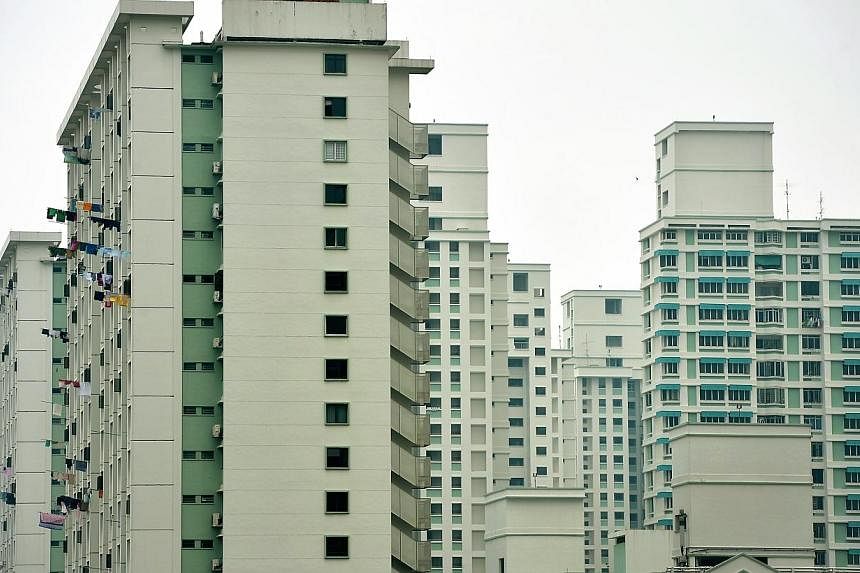SINGAPORE - Reverse mortgage plans, which allow a property owner to convert some of his home's value into cash while still living in it, are not popular in other countries, noted Minister for National Development Khaw Boon Wan in Parliament on Wednesday.
He said that the Government is studying the experience of countries with established reverse mortgage plans before deciding whether to introduce it as an option for seniors in Singapore.
Without naming the countries under study, Mr Khaw said they "are also finding their take-up rates to be quite low".
"As the reverse mortgage is a complex financial product, we need to study it carefully, before we decide whether to introduce it as an additional option for our seniors," he added.
NTUC Income had offered reverse mortgage plans for owners of Housing Board flats in 2006, but only 24 households signed up for it and the insurer has since stopped offering the product.
But the Government is revisiting the issue, Mr Khaw said in response to a question by Ms Lee Bee Wah (Nee Soon GRC), who asked for an update on the Housing Board's study on the option of reverse mortgages.
A reverse mortgage is a loan taken up by a property owner using his property as collateral. Unlike a traditional mortgage, however, the borrower does not need to make cash repayments during the loan tenure.
Instead, he only needs to repay the loan, with accumulated interest, upon termination of the loan or upon the property owner's death, typically from the sales proceeds of the property.
In other words, a reverse mortgage would allow property owners to unlock some equity, while retaining the financial upside from any appreciation in property value, Mr Khaw said.
But he also warned that such plans do not come without risks.
For example, because a reverse mortgage does not require periodic cash repayments, the loan balance will grow with interest.
The owner will also have to bear property risks. If the market value of the property drops to below the outstanding loan amount, the owner may have to sell the property to repay the loan, Mr Khaw said.


